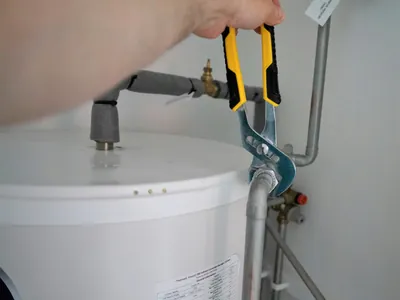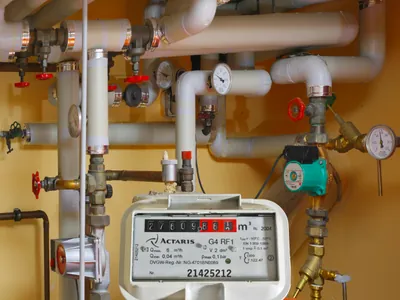Electrical Safety: Protecting Your Home and Family

Electrical safety is paramount in every home. Understanding basic electrical principles, recognizing potential hazards, and knowing when to call professionals can prevent accidents, fires, and costly damage to your property.
⚡ Basic Electrical Safety Principles
Fundamental rules that should guide all electrical work and usage in your home.
🚨 Recognizing Electrical Hazards
Learn to identify potential electrical problems before they become dangerous.
🔥 Warm Outlets
Outlets or switches that feel warm to the touch indicate potential problems
⚡ Frequent Tripping
Circuit breakers that trip frequently signal overloaded or faulty circuits
Frays, cuts, or exposed wires in electrical cords are fire hazards
Inconsistent lighting can indicate wiring problems or voltage issues
🏠 Home Electrical System Components
Understanding your home's electrical system helps you maintain it safely.
Your home's electrical system is a complex network that requires professional knowledge to maintain safely and effectively.
Key System Components
- Service entrance and meter
- Main service panel and circuit breakers
- Branch circuits throughout the home
- Grounding system for safety
- GFCI outlets in wet areas
🛠️ Safe Electrical Practices
Best practices for using and maintaining electrical systems safely.
🔧 Regular Inspections
Have your electrical system inspected annually by a licensed electrician
🏷️ Label Circuits
Keep your electrical panel clearly labeled for emergency situations
📱 Smart Usage
Use surge protectors and avoid overloading circuits
🚫 Electrical Safety Don'ts
Common mistakes that can lead to electrical hazards and accidents.
👨👩👧👦 Family Electrical Safety
Keeping children and family members safe around electrical systems.
Safety Measures
- Install outlet covers for unused outlets
- Keep cords and wires out of walkways
- Teach children about electrical dangers
- Use cord shorteners to reduce tripping hazards
- Keep electrical appliances away from bathtubs and sinks
🔥 Fire Prevention
Electrical fires are preventable with proper precautions and maintenance.
🧯 Smoke Detectors
Install and maintain smoke and carbon monoxide detectors
🔌 Space Heaters
Keep space heaters at least 3 feet from flammable materials
🪜 Extension Cords
Use only heavy-duty extension cords rated for their intended use
📞 Emergency Preparedness
Know what to do in case of electrical emergencies.
💰 Cost of Electrical Safety
Investing in electrical safety saves money in the long run.
Preventive Costs vs. Emergency Costs
- Annual inspection: $100-200
- Outlet replacement: $10-50 each
- Emergency electrical fire damage: $10,000+
- Hospitalization from electrical shock: $50,000+
Electrical safety isn't optional—it's essential. Trust The Box Advantage Group for all your electrical safety inspections, repairs, and installations to keep your home and family protected.
Tags
Related Articles
Discover more articles that might interest you from our comprehensive collection.
Ready to Experience The Box Advantage?
Join hundreds of satisfied customers who trust us with their home and business needs.


